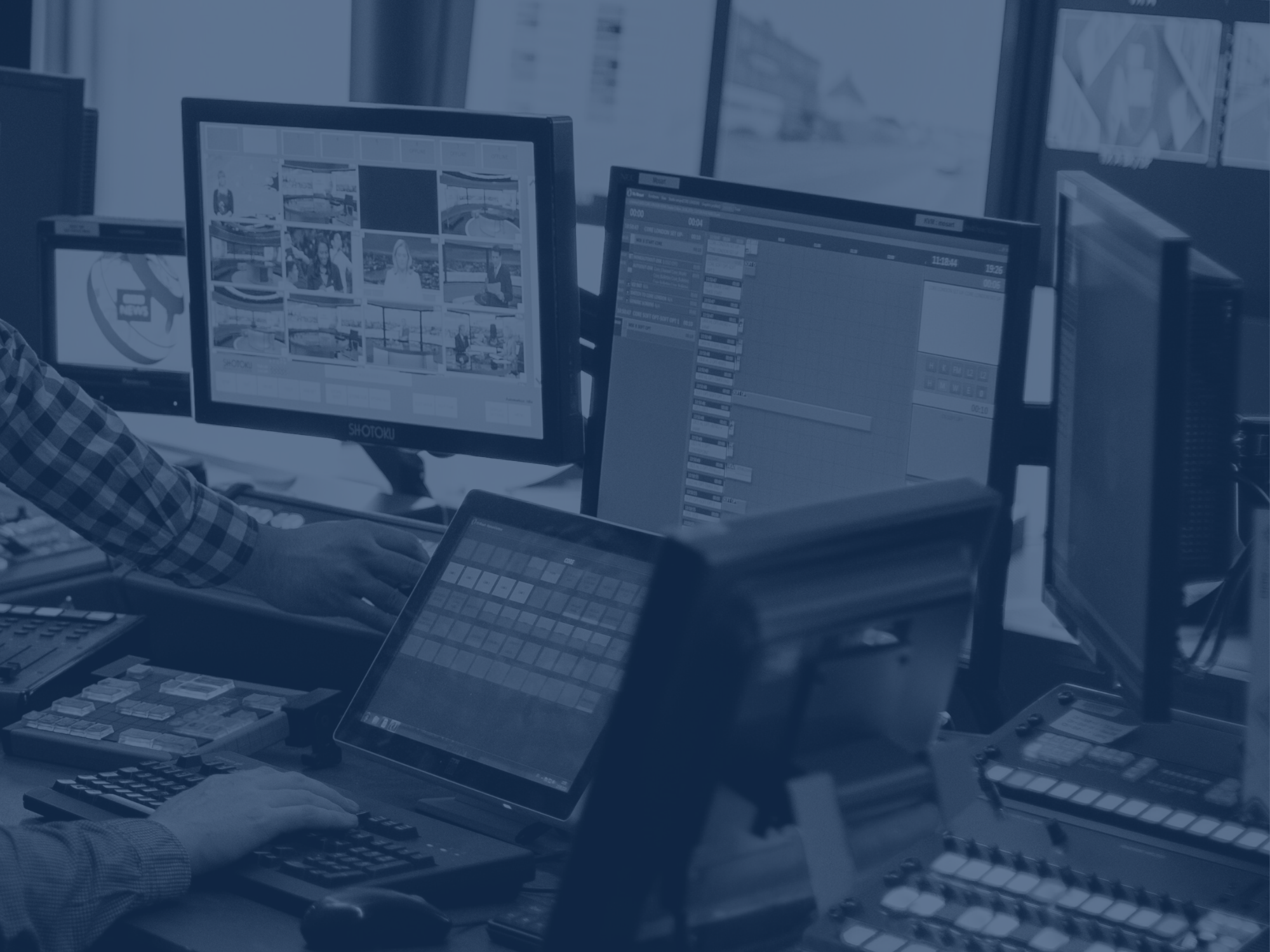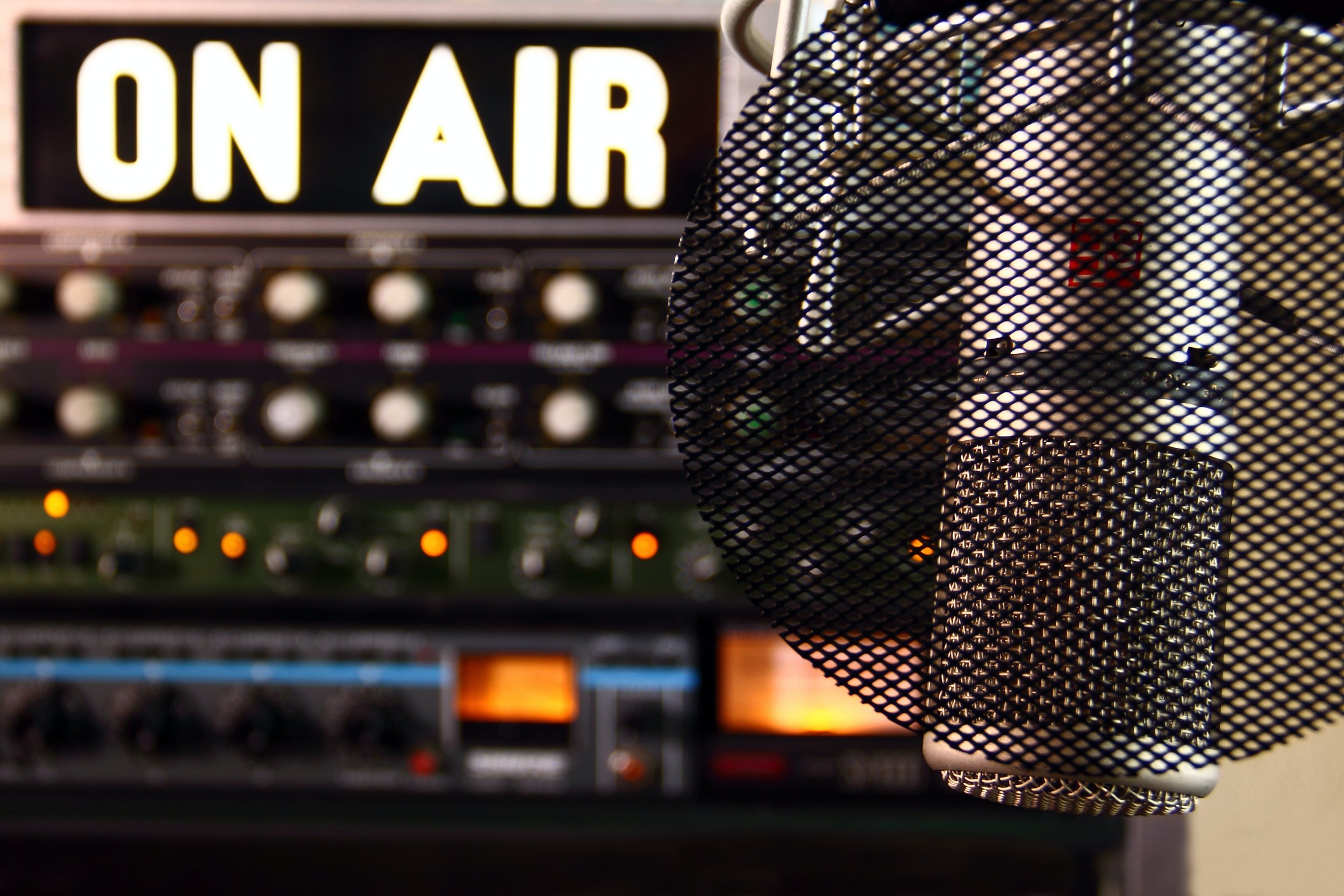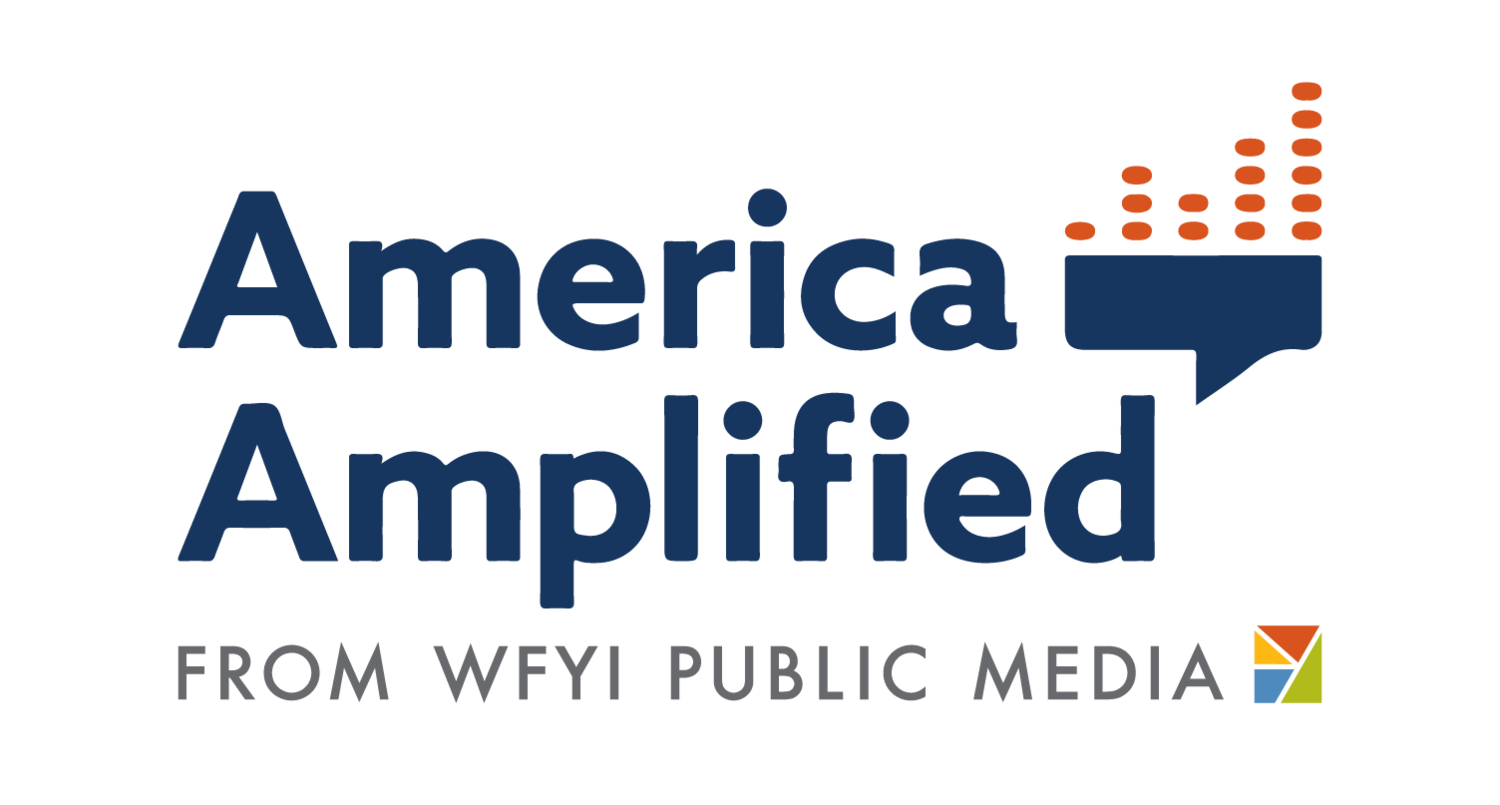
Engaging in the Community
Talk Show Teams
Get out into the community
Try getting out once a week, or even just once a month, just to get to know your community.
Attend a local event (virtual counts!), jot down talk show segment ideas, and get to know some of the new sources and ask what they want to hear.
From the studio, call and invite them to be guests, or ask for their ideas. You may be surprised how many ideas can come out of attending a single community event or outing.
Convene a listening session or community forum.
Listening sessions, in-person or virtual, can transform and deepen your show’s connection with your general audience and or specific communities you want to serve more directly.
After the listening session, send out a thank you email and let the participants know you’ll be in touch soon with how it will inform a talk show episode.
Also ask your moderator to take 15 minutes to identify participants and takeaways that stood out to them in the conversation.
Make time in a pitch meeting to share those insights with the entire talk show team and create segments around those issues and/or individuals.
In future listening sessions, you can play clips from your talk show and use them to prompt additional deeper conversation.
-
In 2020, WITF collaborated with a community group on the “Toward Racial Justice” video series.
WFYI partnered with the Indianapolis Recorder, a local newspaper, to produce the “Where Do We Go From Here?” televised series.
Use engagement tools
Set up a voicemail box.
A voicemail box allows you to keep in touch with new and existing audiences. It also makes your show accessible to audiences who might not be able to engage with you during your show.
Share the number on social media, and in promos.
Reach out to the callers, who could be sources for future stories.
If your station has an engagement specialist who manages a texting club, or a digital engagement tool such as Hearken, ask them if there’s a way to use the talk show as a platform to answer questions that emerge from their engagement work.
Invite the engagement specialist to your talk show meetings and brainstorm how you can work together to address information needs.
During Production
Booking
Center lived experience as expertise.
There’s a tendency in public radio to air clips from community members with lived experience and get expert guests to respond. Try flipping that. Consider a panel of guests who are affected by the topic, rather than abstracting a topic by having a traditional “expert” — like politicians or public officials — weigh in.
Develop your show topic and approach around your guests and the experiences they bring to the table, rather than by plugging in a particular source with a particular experience to fill a need.
Book guests from the community — those most impacted, those leading grassroots efforts, etc. — and get them to respond to how experts are talking about and handling a certain topic.
Book guests who disagree.
Convene groups and individuals from different backgrounds and life experiences, who may have never shared space together.
Try taking a solution approach and invite guests who are solving an issue that is affecting them.
Bring together the stakeholders on any given issue, especially if they frequently talk to each other rather than with each other, or are facing the same problem from different angles.
Make your show a space for people with different perspectives to share and discuss ideas.
Maximize the voices you bring on air with pre-produced elements.
From sources you’ve developed, consider creating pre-produced elements, such as audio diaries, to incorporate into your show.
Be aware of and sensitive to who gets a seat at the table on your panel, and who only gets a few seconds in a clip. Make sure you’re prioritizing diversity and lived experience with the guests at your table.
Hosting
Script with the community’s input.
Incorporate your community outreach into your script. Be transparent about the process.
As a producer or host, you’re just one person, coming up with questions from your perspective. Break outside of that by sourcing questions and talking points directly from the community — through Tweets, calls, etc.
If you are working with an engagement specialist managing community questions, answer them on the air.
Prioritize the community in the conversation itself by opening your show telling your audience how to engage with you, and keep those mentions coming.
Let your guests drive the conversation.
As a host, try out broad questions and let guests guide you. Give your guests space to interact with each other.
Think of your job as a “conversation facilitator” rather than a host with a set of prepared questions.
Instead of positioning audio clips as produced pieces, incorporate them into the dialogue by asking your panel guests for their reactions.
Showtime
Rethink your call-screening process.
Taking calls is the most basic way you can engage with your listening audience. Consider taking it a few steps further: In addition to simply queuing up callers for the program, take down their contact information and ask them what topics they’d like to hear you cover in the future.
Think of this as a way to build meaningful source relationships vs. as a one-off.
Host your show on Facebook Live.
Tap into your social media audience by hosting a show on Facebook live. Consider rebroadcasting your FB Live conversation outside of your normal broadcast hours.
In Florida, WUSF and WMFE launched a collaborative show called “The State We’re In” in 2020 that brought in new voices and focused on issues that resonate across the region.
-
Re-inventing the public radio talk show with Andrea Tudhope of Nashville Public Radio.
How to bust down silos in your organization and boost community engagement journalism.
Check out our training on digital tools for community and audience engagement.
Ready to continue your journey?
You are here.







